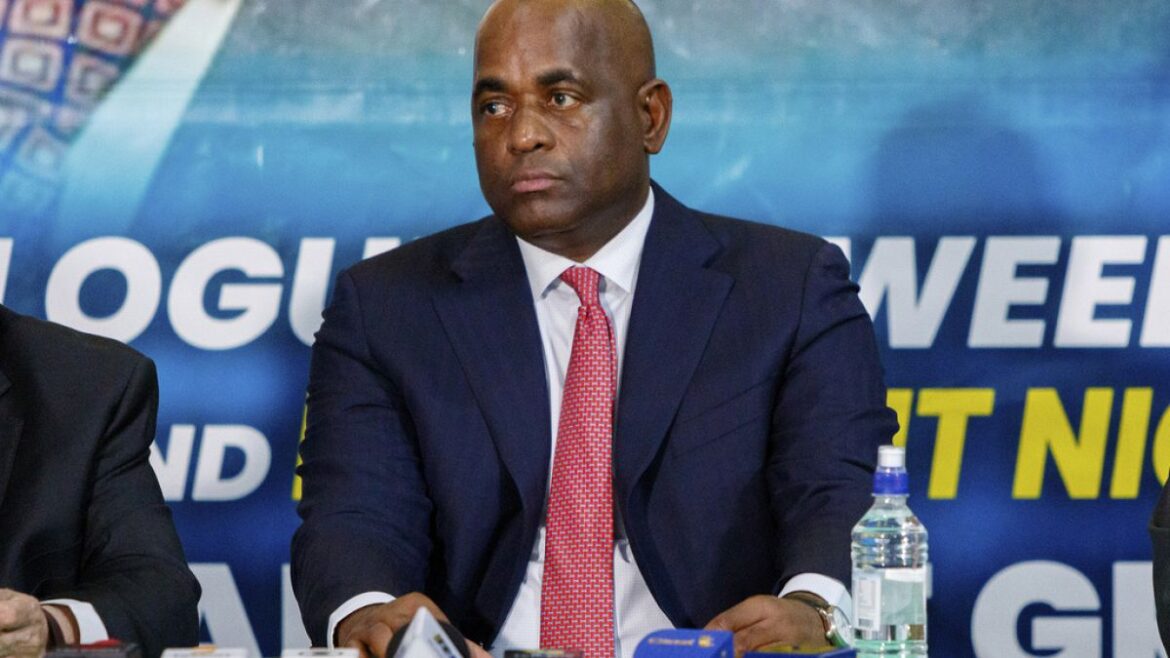During a mini summit, the two countries confirmed renouncing the use of force and committed to refraining from escalating any conflict.
After worrying military movements in recent days, Guyana and Venezuela have finally agreed not to use “force against each other” in the context of their historic dispute over the territory of Essequibo, however sticking to their positions, during the summit between their heads of state on Thursday in Saint Vincent and the Grenadines.
“Guyana and Venezuela agree not to threaten or use force against each other under any circumstances”according to the joint statement read to the press, following the meeting between Guyanese Presidents Irfaan Ali and Venezuelan Presidents Nicolas Maduro.
The two countries also committed to “refrain in words, in actions, from intensifying any conflict” between them.
Tension had risen a notch between the two countries since the launch of oil tenders by Guyana in September, then the referendum organized in reaction on December 3 in Venezuela on an attachment of Essequibo, a territory of 160,000 km2 rich in oil and natural resources, administered by Georgetown and claimed by Caracas.
Thursday’s summit aimed to ease this tension after vigorous declarations from both sides.
A new meeting will take place “within three months” in Brazil, according to the agreement. Celso Amorim, an advisor to Brazilian President Luiz Inacio Lula da Silva, attended the meeting.
The two presidents shook hands in front of the cameras before and after the meeting but did not appear before the press.
The two heads of state stuck to their positions like President Irfaan Ali who wore a bracelet with the map of his country including Essequibo.
Venezuela maintains that the Essequibo River should be the natural boundary, as in 1777 during the time of the Spanish Empire. Caracas believes that the Geneva agreement signed in 1966 – before Guyana’s independence – lays the foundations for a negotiated settlement which must continue.
Guyana believes that the border between the two countries dates from the English colonial era and that this was ratified in 1899 by a Court of Arbitration in Paris. It is this border which is in force.
But, the summit declaration “notes that Guyana wishes to continue the ongoing proceedings before the International Court of Justice” (ICJ) in The Hague, the highest court of the UN, and “notes that Venezuela does not recognize its jurisdiction”.
President Irfaan Ali, who spoke to reporters before reading the joint statement, had reaffirmed “the defense of our territorial integrity and our sovereignty”.
“Guyana has every right (…) to facilitate any investment, any partnership (….), to issue any license, to grant any concession in our sovereign space”he said.
“Guyana is not the aggressorGuyana is not seeking war, but Guyana reserves the right to work with all its partners to ensure the defense of our country”he also said, while Caracas has repeatedly accused Guyana of being under the orders of the United States and the oil company ExxonMobil.
Upon his arrival in the archipelago, President Maduro indicated: “I come with a mandate from the Venezuelan people, with a word of dialogue, with a word of peace, but to defend our rights”.
The non-recognition of the ICJ was one of the five questions that the government included in the referendum. More than 95% of Venezuelans, according to disputed voting results, supported this position.
Some 125,000 people, or a fifth of Guyana’s population, live in this territory covering two thirds of its surface area.
US Secretary of State Antony Blinken, who thanked Brazil for its “leadership”reaffirmed Thursday the position of the United States, according to which, “the land border between Venezuela and Guyana must be respected unless – or until – the parties reach a new agreement – or a competent legal body decides otherwise”.



